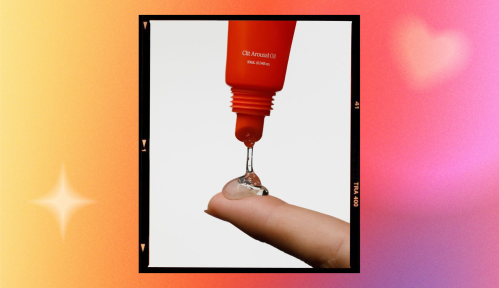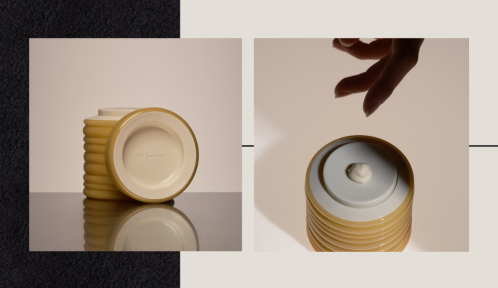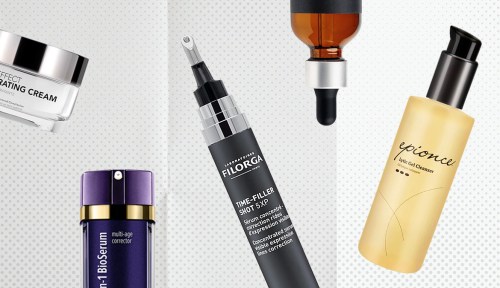Our editors independently select these products. Making a purchase through our links may earn Well+Good a commission
Your go-to skin-care products may include many powerful ingredients that are great for your complexion, like sulfur, hyaluronic acid, and squalane. But there’s another versatile ingredient that may be worth incorporating into your daily routine: tamanu oil. Tamanu oil benefits include (but aren’t limited to) that it’s moisturizing, anti-inflammatory, and it may have some acne-helping properties.
Experts in This Article
board-certified dermatologist and assistant clinical professor at Icahn School of Medicine at Mount Sinai
doctor of Chinese medicine and author of Myung Sung: The Korean Art of Living Meditation
clean cosmetic chemist and founder of KKT Consultants
medical technology director at Cortina and clinical associate professor of dermatology at Weill Cornell Medical College
Regardless of whether you’ve heard of tamanu oil and its benefits to this point or not, though, do know it’s not new. The oil—which carries a distinctly nutty, earthy aroma—is extracted from the seed of the tamanu nut tree, and has been used for medicinal purposes for centuries in its native parts of Asia, Africa, and the Pacific Islands.
Ahead, we spoke to Krupa Koestline, a cosmetic chemist, Jenelle Kim, DACM, LAc, doctor of Chinese medicine, and board-certified dermatologists Michael I. Jacobs, MD, and Debra Jaliman, MD, about everything you need to know about using tamanu oil in your beauty routine.
What is tamanu oil?
Tamanu oil is derived from a large evergreen tree called calophyllum inophyllum (but you can just call her a tamanu, or even chicer, “beauty leaf”), typically found in the tropical regions of Asia and Polynesia. The olive-green oil comes from pressing the tree’s seeds or nuts, which are poisonous if ingested but have traditionally been used to treat skin ailments like eczema, rashes, and burns, Dr. Jacobs explains.
“It’s typically available in soap because it’s hydrating,” says Dr. Jaliman, but it’s also found in face creams, moisturizers, and face masks, as well as in body lotion and balms, because it is quite moisturizing and can be applied all over the skin.
Benefits of tamanu oil
Koestline says that Tamanu oil is super rich in fatty acids like oleic, linoleic, and calophyllic acids. That means, at the very least, it will help to repair the skin barrier and deeply condition hair.
Dr. Kim agrees, and says that the fatty acids in tamanu oil can help the skin feel more moisturized and hydrated overall. However, studies have shown that this tropical ingredient could have a few additional benefits, though it’s too soon to make any sweeping, definitive claims. “The skin benefits have not been studied rigorously, and the studies have been small,” notes Dr. Jacobs.
Benefits of tamanu oil for inflammation
“Tamanu oil is thought to have anti-inflammatory effects, likely due to the calophylloide molecule,” says Koestline. One study suggested that it even had an anti-inflammatory effect on arthritis, similar to oral hydrocortisone. But while we’d still recommend seeing a doctor for any joint pain you have, that study shows some promise for tamanu oil’s effectiveness on inflammatory skin conditions like eczema, psoriasis, or dermatitis and for soothing sunburn.
Benefits of tamanu oil for treating acne
In traditional medicine, tamanu oil has been used for wound-healing because of its antimicrobial properties and ability to stimulate collagen production (thanks to that handy calophylloide molecule again, says Koestline, in addition to flavonoids like inophyllum C and E)—and it’s that exact reason that tamanu oil could be beneficial in treating acne caused by bacteria on the skin.
However, while tamanu oil does have antimicrobial properties, both Dr. Jacobs and Koestline agree that it won’t solve your dark spot or acne scar concerns. “Tamanu oil won’t help acne scars or fade dark spots to any significant effect,” says Dr. Jacobs, and Koestline agrees. “It hasn’t been tested to treat scars or dark spots.”
Benefits of tamanu oil as an antioxidant
Using tamanu oil as an antioxidant in your skincare routine is probably its best and most surefire use. Because tamanu oil is rich in fatty acids naturally found in your body, using it in skincare can help condition dry skin and be used as an occlusive barrier to lock in hydration.
Side effects of tamanu oil
Dr. Jacobs also notes that because tamanu is classified as a nut tree, those with nut allergies should avoid even topical use. “As with any product, I recommend patch testing the product first to ensure you won’t react to it,” he adds. “If a reaction occurs, including a breakout, stop use immediately and see a board-certified dermatologist if the reaction doesn’t begin to subside within three or four days.”
The oil is lightweight and shouldn’t feel heavy on skin, Koestline says, adding that is isn’t known to be comedogenic, so it shouldn’t actively break out your skin (though, again, always patch-test a new ingredient).
How to use tamanu oil
Because it is an oil (and oil cannot be penetrated by other types of products), pure tamanu should be used as the final step of your skincare routine to seal in all of your previous skincare steps. However, you can also look for it as an ingredient in products like moisturizers and serums. “Just make sure to get cold-pressed tamanu oil as it preserves the most bioactives,” says Koestline, so you’ll reap the highest potential benefits.
Best products with tamanu oil
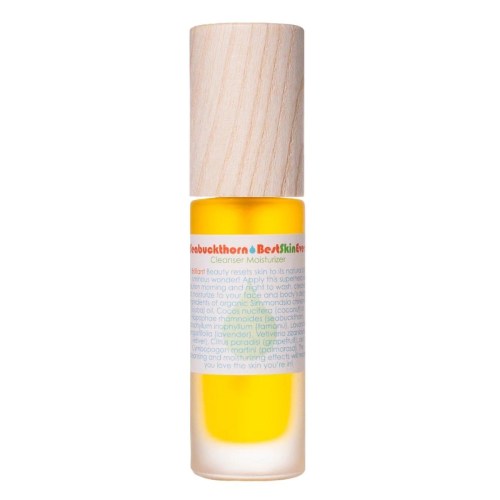
Living Libations Best Skin Ever Face Oil — $33.00
“The ingredient list is very clean—only plant-based oils, no fillers—and it feels extremely nourishing on the skin,” says Koestline. “In addition to tamanu oil, it only has sea buckthorn oil, which is also full of vitamin C and has been shown to soothe eczema-prone skin.”

Violets Are Blue Visible Light Brightening and Repair Serum — $60.00
Koestline also recommends this soothing serum, which features tamanu oil, chamomile, calendula, and rose hip. “This serum is lighter and absorbs really quickly on the skin,” she says.
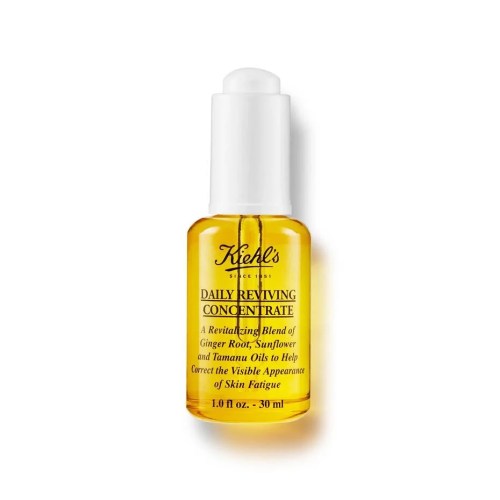
Kiehl's Daily Reviving Concentrate Face Oil — $60.00
Dr. Jacobs recommends this face oil that protects the skin from free radicals and environmental factors thanks to antioxidants like tamanu, sunflower, and ginger root.
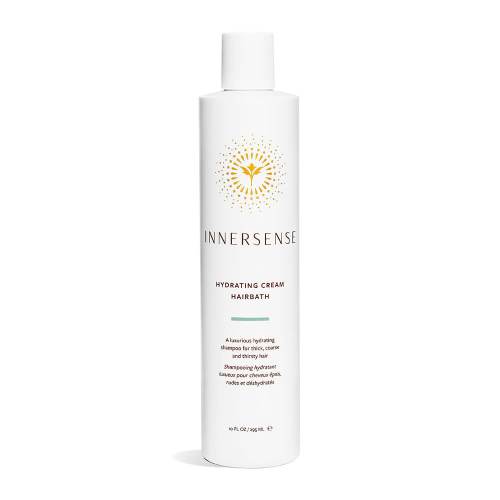
Innersense Hydrating Cream Hairbath — $28.00
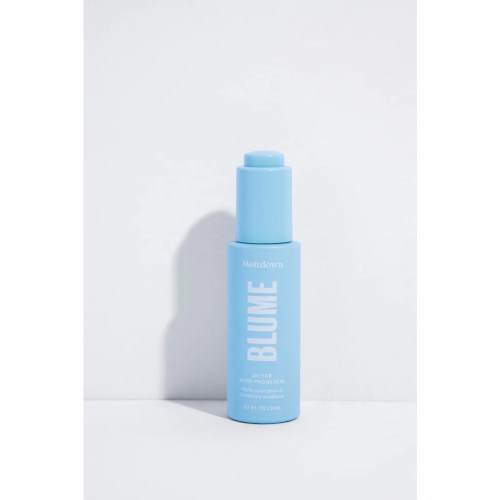
Blume Meltdown Acne Oil — $28.00
If the potential acne-healing benefits piqued your interest in tamanu oil, this acne treatment leverages tamanu’s antibacterial and anti-inflammatory properties to heal and prevent breakouts.
Final takeaway
The benefits of tamanu oil for the skin are still being studied. Still, you can likely count on this nourishing oil to help with hydrating dry skin or soothing inflammation. Of course, if you have a nut allergy you should avoid using tamanu oil, or talk to a dermatologist if you’re considering it. It won’t completely cure your acne or erase your scars, but it will make your hair and skin feel soft and moisturized, which has gotta count for something, right?
Sign up for the Well+Good SHOP Newsletter
Get exclusive deals on wellness, beauty, fitness, and food products that have been hand-picked by our editors.
Got it, you've been added to our email list.

